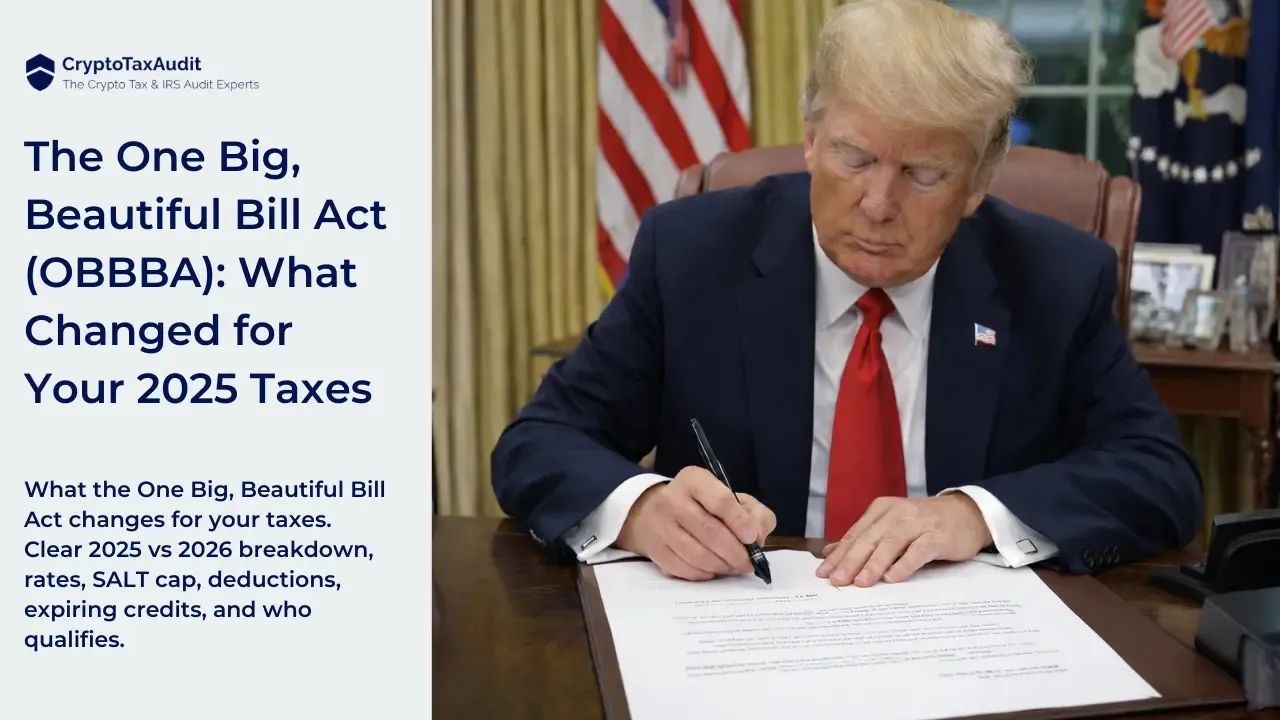Consumer Credit
Jan 01, 2023Victims of Credit Card Fraud or Identity Theft
- Report the crime to the police immediately. Get a copy of the police report or case number. Credit card companies, the bank, or insurance companies may ask for the reference to verify the crime.
- Immediately contact the credit card issuers. Get replacement cards with new account numbers and ask that the old account be processed as “account closed at consumer’s request” for credit record purposes. Follow up with a letter to the credit card company that summarizes the request in writing.
- Call the fraud units of the three credit reporting bureaus to report the theft and place a fraud alert in your credit report. When a fraud alert is placed at one of the following companies, the company must notify the others.
• Equifax Credit Information Services—Fraud Alert
P.O. Box 105069, Atlanta, GA 30348-5069
Call: 800-525-6285
Website: www.equifax.com
• Experian
P.O. Box 9554, Allen, TX 75013-9554
Call: 888-EXPERIAN (397-3742)
Website: www.experian.com
• TransUnion Fraud Victim Assistance Department
P.O. Box 2000, Chester, PA 19016-2000
Call: 800-680-7289
Website: www.transunion.com - Notify the Social Security Administration’s Office of Inspector General at 800-269-0271 if the Social Security Number has been used fraudulently.
- File a complaint with the Federal Trade Commission.
• By phone:
Toll-free 877-ID-THEFT (438-4338),
TTY 866-653-4261
• By mail: Consumer Response Center, Federal Trade
Commission, 600 Pennsylvania Ave. NW, Washington,
DC 20580
• Website: www.identitytheft.gov
For More Information
To file a complaint or get free information about consumer issues from the Federal Trade Commission:
- Phone: 877-438-4338
- TTY: 866-653-4261
- Online: www.identitytheft.gov
- Free annual credit report: www.annualcreditreport.com
Credit Counselors
Most credit counselors offer services through local offices, the internet, or on the telephone. Many universities, military bases, credit unions, housing authorities, and branches of the U.S. Cooperative Extension Service operate nonprofit credit counseling programs. Financial institutions or local consumer protection agencies may also be good sources of information and referrals.
Choosing a Credit Counseling Organization
Reputable credit counseling organizations advise on managing money and debts, help develop a budget, and usually offer free educational materials and workshops. Counselors are certified and trained in the areas of consumer credit, money and debt management, and budgeting.
Counselors discuss the person’s entire financial situation and help develop a personalized plan. A reputable credit counseling agency should send free information about the services it provides without requiring any details about the individual’s situation. If a firm doesn’t do that, consider it a red flag and go elsewhere for help. Check out potential credit counseling agencies with the state Attorney General, local consumer protection agency, and Better Business Bureau.
Debt Management Plan (DMP)
How a DMP Works
Money is deposited each month with the credit counseling organization. The organization uses the deposits to pay unsecured debts, such as credit card bills, student loans, and medical bills, according to a planned payment schedule.
Creditors may agree to lower interest rates and waive certain fees, but check with all the creditors to be sure that they offer the concessions that a credit counseling organization describes. A successful DMP requires regular, timely payments and could take 48 months or longer to complete.
Avoid organizations that push a DMP as the only option before they do an analysis of the individual’s financial situation.
Debt Negotiation Programs
Debt negotiation is not the same thing as credit counseling or a DMP. It can be risky and have a negative impact on the individual’s credit report. Many states have laws regulating debt negotiation companies and the services they offer. Just because a debt negotiation company describes itself as a “nonprofit” organization, there’s no guarantee that the services offered are legitimate. Most debt negotiation companies charge consumers substantial fees for their services, including a fee to establish the account with the debt negotiator, a monthly service fee, and a final fee of a percentage of the money supposedly saved.
Tip-Offs
Be careful of debt negotiation companies that:
- Guarantee they can remove unsecured debt.
- Promise that unsecured debts can be paid off with pennies on the dollar.
- Require substantial monthly service fees.
- Demand payment of a percentage of savings.
- Tell the individual to stop making payments or communicating with creditors.
- Require the individual to make monthly payments to them rather than the creditor.
- Claim that creditors never sue consumers for non-payment of unsecured debt.
- Promise that using their system will have no negative impact on the individual’s credit report.
- Claim that they can remove accurate negative information from the individual’s credit report.
Protect Yourself
- Never provide personal financial information over the phone or internet if you did not initiate the contact. Instead, call the company yourself for verification.
- Do not be intimidated by an email or phone call. Any communication suggesting dire consequences for failing to provide or verify financial information should be ignored.
- Review account statements regularly to ensure all charges are correct. If your account statement is late in arriving, contact the lending institution immediately.
- Review credit reports regularly to catch signs of identity theft. Free weekly online reports from the three major reporting companies are available at annualcreditreport.com.
- Don’t fall for an IRS imposter. The IRS does not call or send out unsolicited emails asking for personal information.
Copyright © 2024 Tax Materials, Inc.
All Rights Reserved





